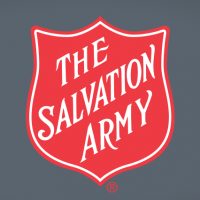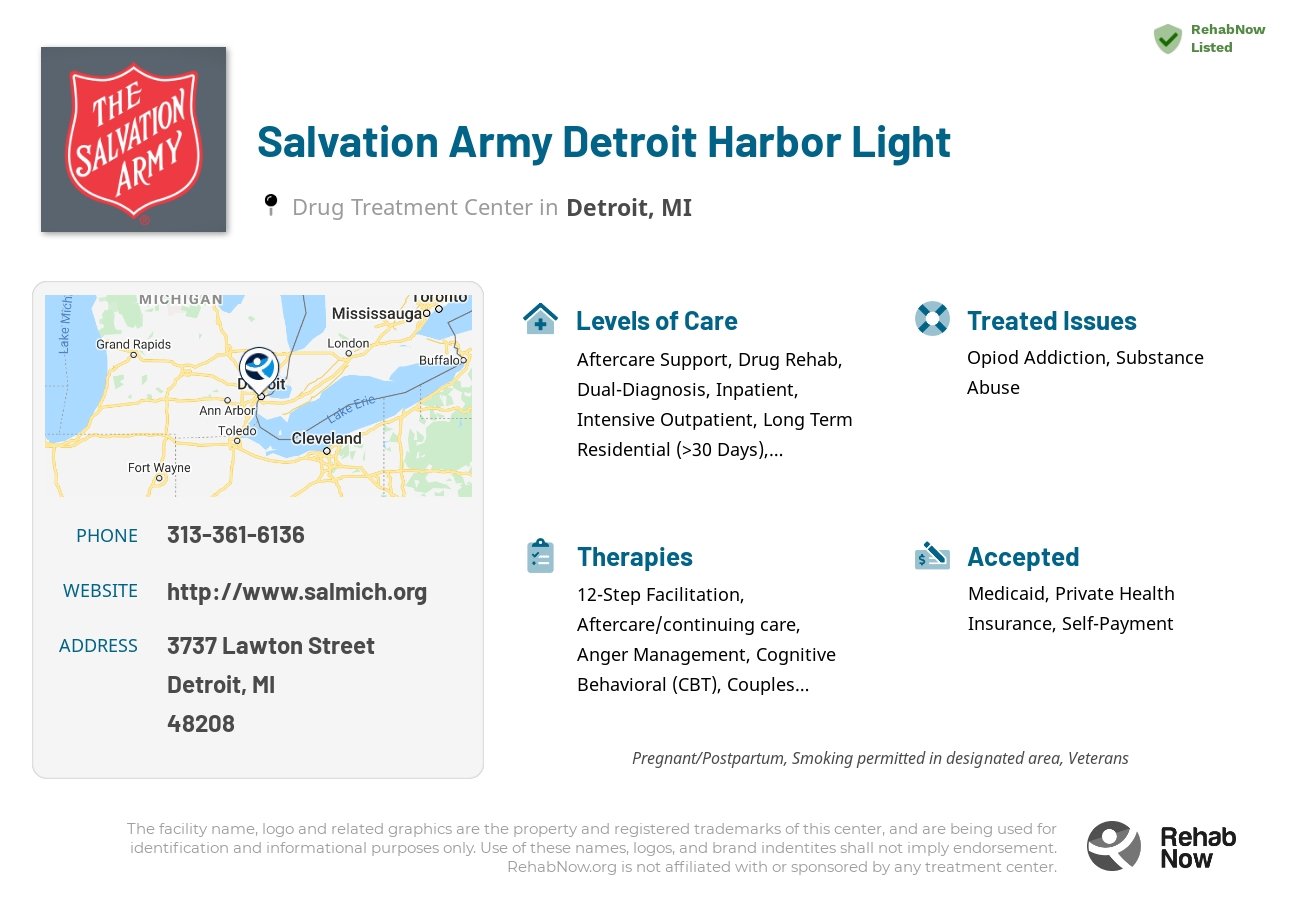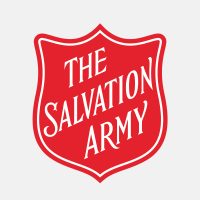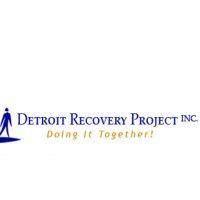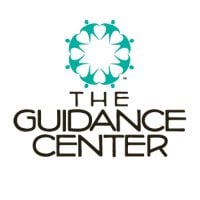About This Michigan Facility
Salvation Army Detroit Harbor Light is a Opioid Addiction, Substance Abuse and drug treatment center which offers a variety of treatment methods in their Non-Profit facility, located in Detroit, MI. Each person seeking treatment is offered an individualized plan using well-tested therapies done by clinical professionals. Treatment here is covered by most insurances, more payment details below.
It can seem like an uphill struggle to battle addiction in Detroit, MI. Luckily there are many rehab options, such as Salvation Army Detroit Harbor Light, to help you heal.
Genders
Ages
Modality
Additional
Conditions and Issues Treated
Substance abuse typically leads to addiction, which requires specialized treatment programs at Salvation Army Detroit Harbor Light to address. Many people benefit from inpatient drug rehabilitation, which includes inpatient acute care and residential rehabilitation. Other levels of care include intensive outpatient therapy, individual counseling, and support groups. Family therapy is also an essential part of treatment for substance abuse.
A combination of treatments is often needed to treat drug abuse issues effectively. In the case of drug abuse, there is no easy answer or one-size-fits-all cure.
Opioids are a series of medicines that are used for pain relief. Opioid addiction refers to the compulsive pursuit of opioids, even though they are not medically needed. Medication-assisted therapy at Salvation Army Detroit Harbor Light in Detroit, MI requires care in which both medications, medication, and behavioral treatments are used.
Substance use disorder falls under two categories: Alcohol or Drug Abuse and Drug Dependence. An individual suffering from a substance use disorder and mental health disorders is said to have a co-occurring disorder or a dual disorder.
Individuals with substance use disorders and mental health problems are said to suffer from a ‘dual diagnosis’. The most frequently identified mental health issues found in individuals with substance use disorders include anxiety, depression, schizophrenia, and schizoaffective disorder.
Levels of Care Offered at Salvation Army Detroit Harbor Light
This center offers a variety of custom treatment tailored to individual recovery. Currently available are Aftercare Support, Detox, Drug Rehab, Dual-Diagnosis, Inpatient, Intensive Outpatient, Outpatient, Partial-Hospitalization, Residential, with additional therapies available as listed below.
Detox is a drug rehab process that is designed to remove the drug addict from the drug safely. The problem with solely using detox as a sobriety tool is that it alone provides no therapy or counseling. If a person goes through detox and returns to their everyday life, they may begin using again once the detox has worn off.
Detox does not help with cravings, so for some addicts, this can be extremely difficult and should be both done and supervised by medical professionals. Aftercare is crucial, so selecting a facility that offers additional services is important.
Inpatient treatment for addiction is generally not as scary as it might sound. It is a way to find recovery while being in a supportive and controlled environment. The duration of treatment at Salvation Army Detroit Harbor Light in Detroit can be different based on each individual. Many can leave after 28 days; some may stay a few months, and others may stay six months or longer.
An Intensive Outpatient Program like what’s offered at Salvation Army Detroit Harbor Light, targets those who need intensive treatment but would rather get it in the comfort of their homes. The treatment programs vary in duration and intensity. They can be tailored to suit the patient’s needs.
When remaining at their job in Detroit, or continuing their studies, the individual may live with their family while utilizing Salvation Army Detroit Harbor Light‘s outpatient services. Treatment requires counseling the patient at the individual level, in a group setting, about substance addiction, drugs, and therapy sessions.
A partial hospitalization program offered by Salvation Army Detroit Harbor Light is appropriate for patients in and nearby Detroit, MI that present acute symptoms of addiction. It’s similar to intensive rehab but runs much shorter because the patients don’t need 24-hour monitoring. Partial hospitalizations generally have more freedom when it comes to family visits.
Residential treatment programs are those that offer housing and meals in addition to substance abuse treatment. Rehab facilities that offer residential treatment allow patients to focus solely on recovery, in an environment totally separate from their lives. Some rehab centers specialize in short-term residential treatment (a few days to a week or two), while others solely provide treatment on a long-term basis (several weeks to months). Some offer both, and tailor treatment to the patient’s individual requirements.
Aftercare support involves the support given to a Detroit, Michigan patient after they complete treatment. It helps them adjust to normal life. It may include setting them up in a halfway house and enrolling them in programs like Narcotics Anonymous (NA) and Alcoholics Anonymous (AA). Salvation Army Detroit Harbor Light‘s patients may also be provided with career training to help them get back into the job force.
Therapies & Programs
Couples therapy aims to rebuild the trust between the partners. Partner’s involvement in the process will result in greater chances of treatment success. Couples therapy addresses financial issues, loss of trust, lack of intimacy, and physical abuse.
Family therapy is a set of therapeutic approaches that assumes that the entire family is a system. It utilizes the strengths and resources of the family to help the patient refrain from resorting to substance abuse. The impact of substance abuse is not just on the patient but on the entire family. Family therapy ensures that the patient gets adequate support from the family members after the treatment making the recovery process sustainable
- Family therapy guides all the members of the family to help the patient.
- It helps to repair relationships and improve communication between family members.
- It helps to keep the patient engaged and motivated throughout the treatment.
Group therapy is an important tool in recovery. Finding a peer group in Detroit, MI and others who relate to your situation is a fundamental tool for recovery at Salvation Army Detroit Harbor Light. Addiction tends to lead to isolation and feelings of uniqueness. The accountability and friendship that is found in group therapy can be more effective than any single other treatment approach. This is generally introduced early in recovery and is recommended as a lifetime treatment habit.
Trauma therapy is a way of addressing trauma while in a safe situation in order to heal. This may involve Salvation Army Detroit Harbor Light managing individual or group counseling or both. Other forms of therapy have been proven to assist in healing past traumas.
Negative feelings are common in substance abuse disorders. If not recognized, they can cause co-occurring disorders. CBT involves strategies that help to change the thinking and behavioral pattern. It can be administered as a monotherapy as well as a part of combination therapy.
Rational Emotive Behavioral Therapy (REBT) is a variation of Cognitive Behavioral Therapy (CBT) that helps people understand how maladaptive, negative, and habitual thoughts and feelings lead to bad life choices. REBT is based on the idea that people operate under many irrational but habitual patterns of thought that fuel harmful practices.
The first three steps depend on the patient, so they are more specific and situational. The succeeding four steps center on practical issues brought on by substance abuse. Steps 8 and 9 deal with the social and emotional repercussions of addiction, encouraging patients to make amends to people they have wronged. These are followed by two steps revolving around the further exploration and reinforcement of Steps 1 to 9.
The last step requires an individual to extend a helping hand to people who are still in the early stages of their recovery.
Payment Options Accepted
For specific insurance or payment methods please contact us.
Is your insurance accepted?
Ask an expert, call (888) 674-0062
Additional Details
Specifics, location, and helpful extra information.
Detroit, Michigan 48208 Phone Number(313) 361-6136 Meta DetailsUpdated November 25, 2023
Staff Verified
What else do people call Salvation Army Detroit Harbor Light?
People have occasionally also searched for “Salvation Army Harbor Light System Subst Abuse Ctr/Women/Children/Men in Michigan”
Patient Reviews
There are no reviews yet. Be the first one to write one.
Detroit, Michigan Addiction Information
Michigan has the second-highest rate of drug and alcohol abuse in the nation. Heroin is linked to more than 50% of the state's hepatitis C cases. Marijuana is the drug most often associated with crimes in Michigan, followed by methamphetamines. Opioids alone are responsible for almost 20% of all drug overdose deaths in Michigan.
Over 1,000 drug-related overdose deaths occurred in Detroit, Michigan, in 2017 alone. Opioids (42%) and benzodiazepines (22%) are the most common drugs involved in overdose deaths. Drug overdoses killed more people in 2016 than homicides. In Detroit, Michigan, there are a variety of drug rehab centers to choose from. The most important thing is to find a facility that will best meet the needs of the individual.
Treatment in Nearby Cities
- Clarkston, MI (32.2 mi.)
- Chelsea, MI (47.6 mi.)
- Jonesville, MI (84.2 mi.)
- Pigeon, MI (103.6 mi.)
- Imlay City, MI (47.5 mi.)
Centers near Salvation Army Detroit Harbor Light
The facility name, logo and brand are the property and registered trademarks of Salvation Army Detroit Harbor Light, and are being used for identification and informational purposes only. Use of these names, logos and brands shall not imply endorsement. RehabNow.org is not affiliated with or sponsored by Salvation Army Detroit Harbor Light.
